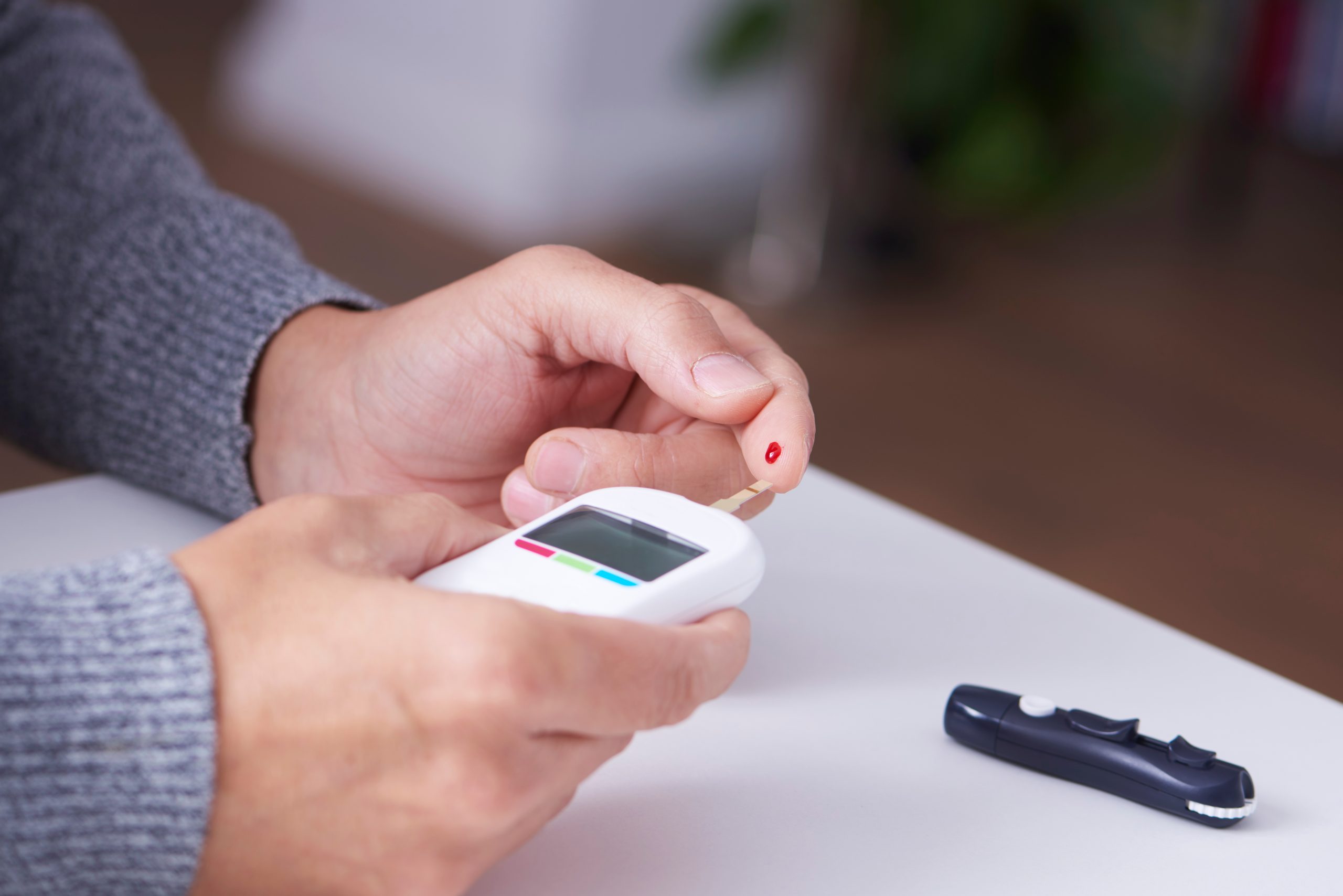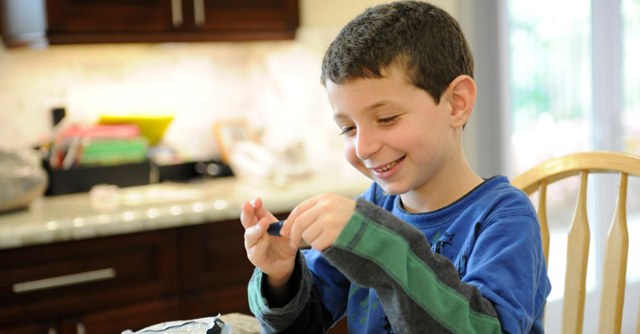How blood sugar levels impact everyday emotions

Mood changes can be a common experience in people with diabetes, both type 1 and type 2. Medtronic Diabetes Clinical Manager Gina, who has lived with type 1 diabetes for more than 39 years, addresses the affect blood sugar levels can have on your everyday emotions.
The other day, I was driving and was suddenly overcome by a feeling of intense sadness; I started to cry. At the time,  I thought I was reacting emotionally to a stressful week; I had been looking for a home to purchase, and my offer on a townhome I really liked had been rejected. Then, my Low Predictive alert sounded on my pump, and I realized the reason for the sudden change in my emotions was because my blood glucose (BG) had been dropping and was approaching a low level. Once my BG stabilized, I was fine. The sadness went away as quickly as it had come. Has this ever happened to you?
I thought I was reacting emotionally to a stressful week; I had been looking for a home to purchase, and my offer on a townhome I really liked had been rejected. Then, my Low Predictive alert sounded on my pump, and I realized the reason for the sudden change in my emotions was because my blood glucose (BG) had been dropping and was approaching a low level. Once my BG stabilized, I was fine. The sadness went away as quickly as it had come. Has this ever happened to you?
There is a Reason: Your Brain!
Well, there is an explanation! Your brain, the center of your thoughts and emotions, needs glucose to do its job. If you don’t have enough glucose to “feed your brain,” your brain can go “haywire”. Even though it seems like you are overly emotional, this is really a physical response to low BG (hypoglycemia). You don’t have to be below a certain number, like 70 mg/dL, to experience this. Your BG may be in the 80-130 md/dL range, or possibly higher, when the reaction occurs. It can be due to a rapid drop in your BG level instead of the actual level (1).
Can high BG’s (hyperglycemia) affect your immediate emotions? It probably will not surprise you the answer is “yes.” High BG’s can make it difficult to think and concentrate. I know some people with diabetes tend to get grouchy and irritable when our sugar is high because any blood sugar outside of our desired range can make us feel weird, uncomfortable, and emotionally off-balance (2). This can all vary greatly from person to person, but it’s an interesting symptom to be aware of.
Our Friends and Family
Those who know me well know that if I say I am feeling “wonky” or “out of sorts,” or if I am acting out of character, it could be a BG issue. I have to admit when these same people, people I care for deeply, suggest I check my BG, I have been known to react in a less than positive way that requires an apology later. Thankfully, these same friends and family members know the rudeness is not “me,” but my brain’s reaction to lack of sugar/energy.
Sense of Humor: Critical when Living with Diabetes!
Remember that Snickers® campaign ad from a couple of years ago that showed someone having less than desirable behavior? A friend would tell the person to eat a Snickers candy bar, and suddenly the behavior was gone and the true person reappeared. The negative change in personality was due to lack of brain fuel. They needed sugar! This may be a good way to explain it to your friends and family (when your BG is normal) so they have something other than your behavior to base their responses on. That way, they are less likely to be offended if you lash out at them. It may actually add some humor to an often difficult situation.
You may tell your friends and family, “If I start acting like Oscar the Grouch (insert your choice of character) for no reason, it might be because my BG level is dropping, or because my sugar is too high. Try not to take it personally and just guide me through the process of testing my BG and treating the low/high as indicated. I apologize in advance if I act mean and nasty, and I truly appreciate your love and support.”
By the way, I am not suggesting you use a candy bar to treat a low BG, as it may have too much fat to treat a low; always follow the advice of your healthcare team (not a TV commercial) when treating low BG’s!
Guest Blogger – Gina Addy McKelvey, FNP, CDE
Gina Addy McKelvey is a Family Nurse Practitioner, Certified Diabetes Educator, and Medtronic Diabetes Clinical Manager in Charleston, South Carolina. She has been living with type 1 diabetes for 39 years, and believes those living with diabetes can live long, healthy, productive, happy lives. She’s thrilled about the advances in diabetes management she’s witnessed over 39 years, and believes the best is yet to come. Gina has used insulin pump therapy for over 25 years, and continuous glucose monitoring (CGM) for about 6 years.




